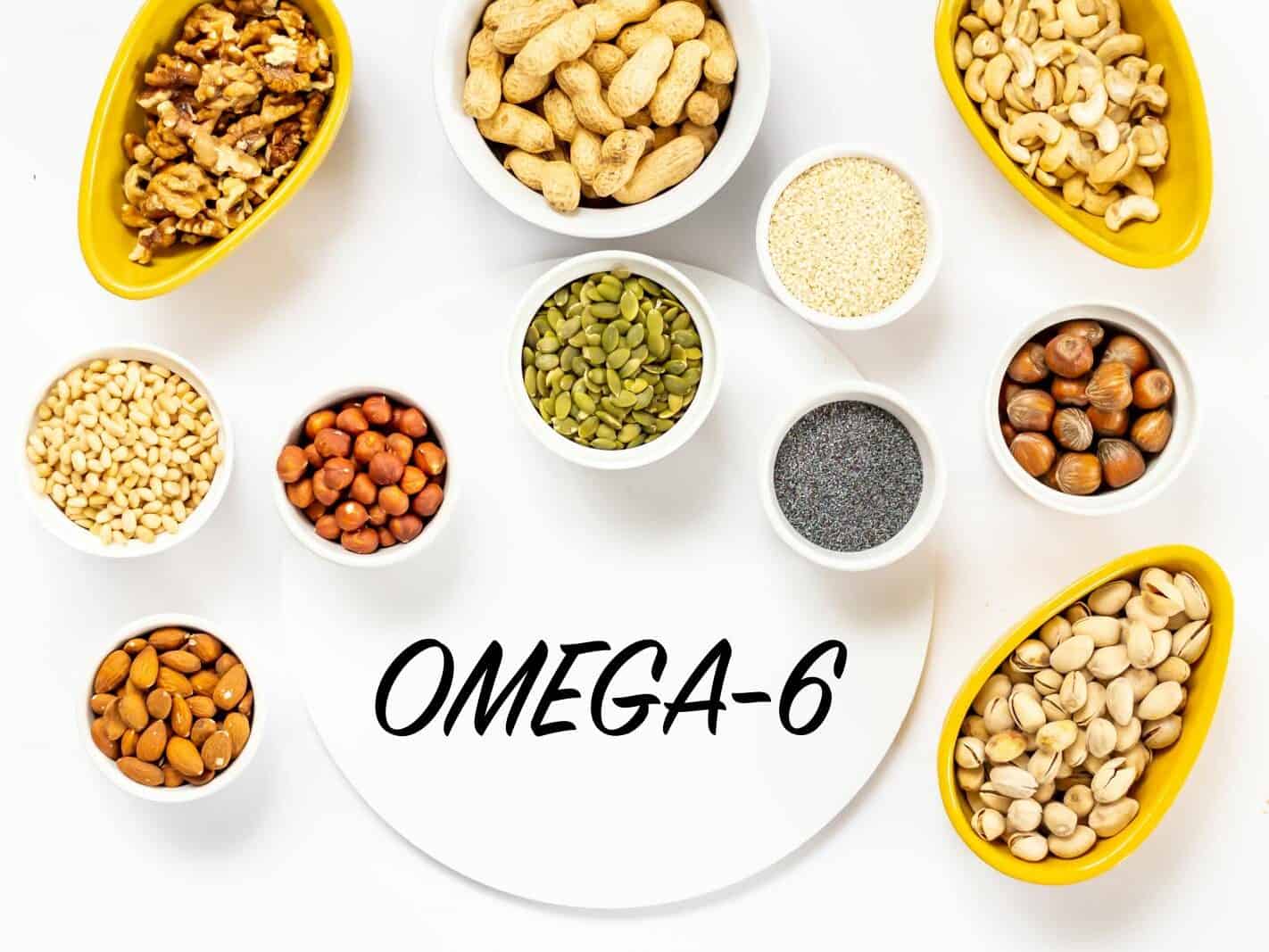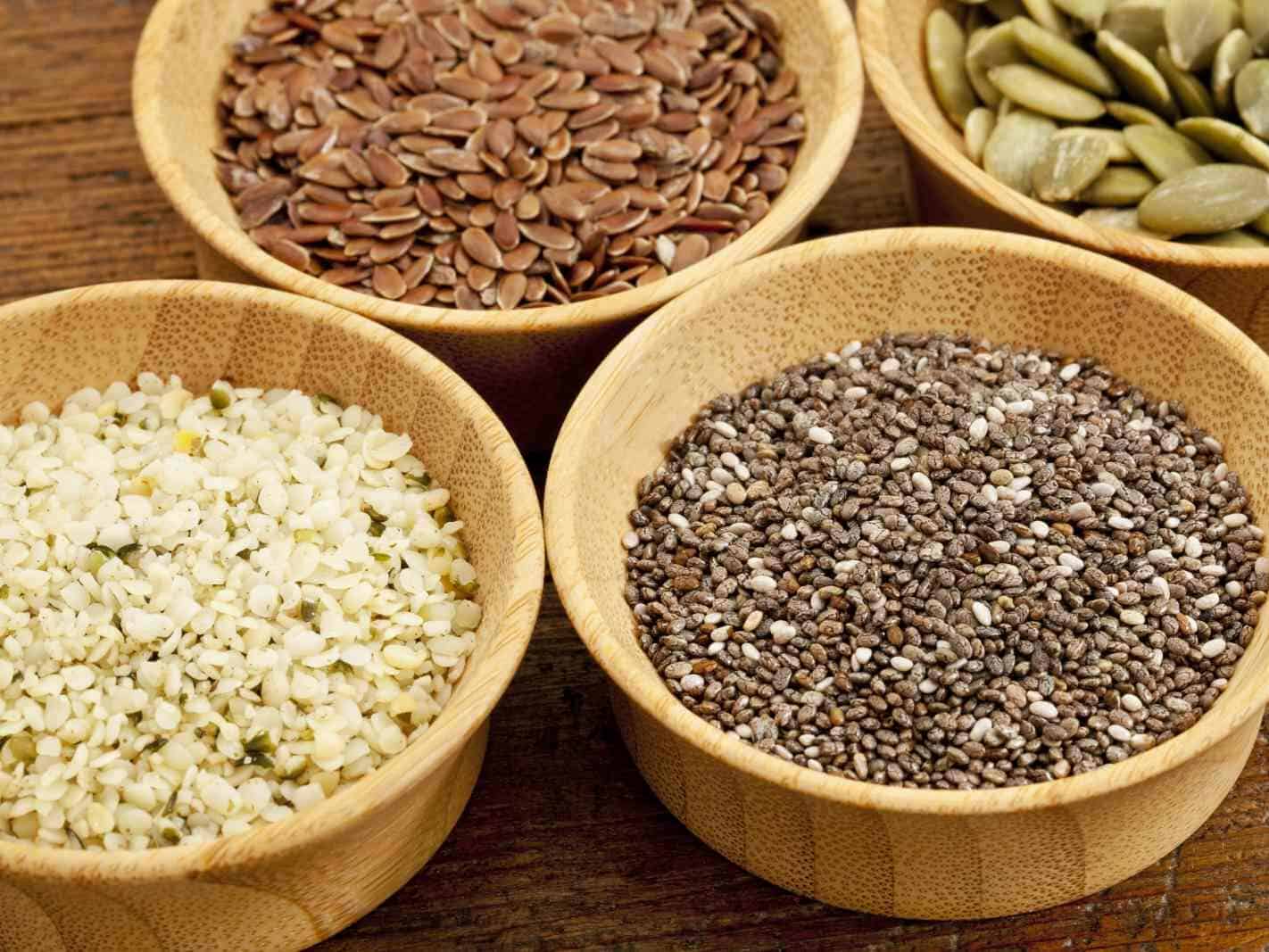Are Seed Oils Something We Should Be Afraid Of?
Seed oils have become a trending topic in health and nutrition. There is a lot of thought that they may have a negative effect on our health and cause inflammation. However, there may not be enough evidence to support these claims.
What are Seed Oils?
You may first be wondering, what is even considered a seed oil? Seed oils are more commonly known as vegetable oils, and include different varieties such as canola, sunflower, safflower, corn, and soybean oil.
The increasing concern lies in the content of omega-6 fatty acids found in these types of oils. Like omega-3 fatty acids found in foods like walnuts and salmon, omega-6 fats are also essential for our bodies functioning and must be consumed through diet since the body does not produce them.
So why would we be afraid of a nutrient that the body needs to have?

It is thought that the optimal dietary ratio of omega 6 to omega 3 fats is around 4:1. However, the Western American diet comprised of high meat and refined grain intake has shown an increase of the ratio closer to 20:1. Many ultra-processed, fast foods, and fried foods like Cheetos, burgers, and french fries are made with these types of vegetable oils high in omega-6s. Therefore, if the diet you eat is predominantly these types of foods, the omega 6 to 3 ratio goes up.
Some research has suggested that the elevated omega-6 ratio has been linked to inflammation, but the evidence is inconclusive. While many of the sources of omega-6 oils are found in convenience foods, they are also found in more wholesome foods like whole grains, nuts, seeds, avocados, and tofu.
This points out the importance of consuming more nutrient-dense foods to support a balanced diet. Since the Western diet lacks omega-3-rich foods, it is beneficial to incorporate more omega-3-rich foods like walnuts, chia seeds, and fatty fish like salmon, mackerel, and anchovies into your diet.

If a food contains a seed oil should you be worried? No.
The bottom line is that vegetable oils are unsaturated fats and are more heart-healthy for cooking compared to saturated fats like butter and lard. A diet higher in unsaturated fats helps to lower “bad” cholesterol and protects against heart disease. But it is recommended to increase your intake of omega-3 foods since omega-6s are so plentiful in our food system already.


